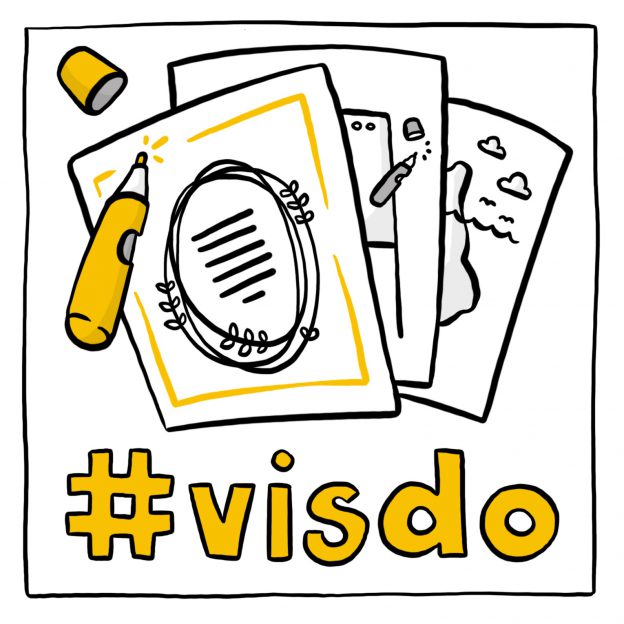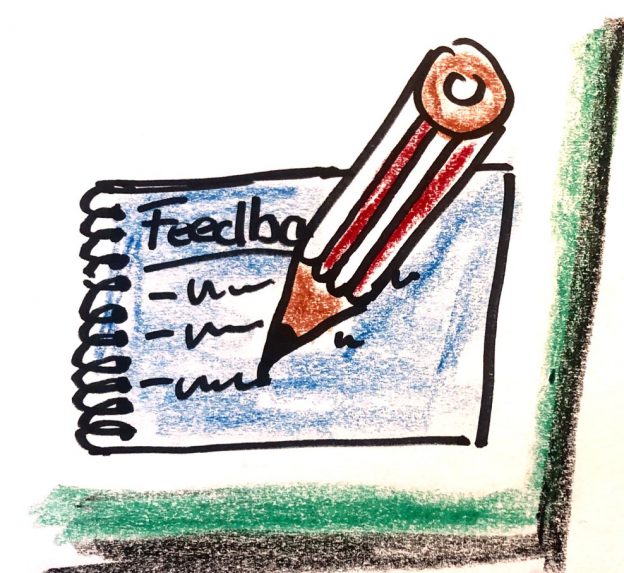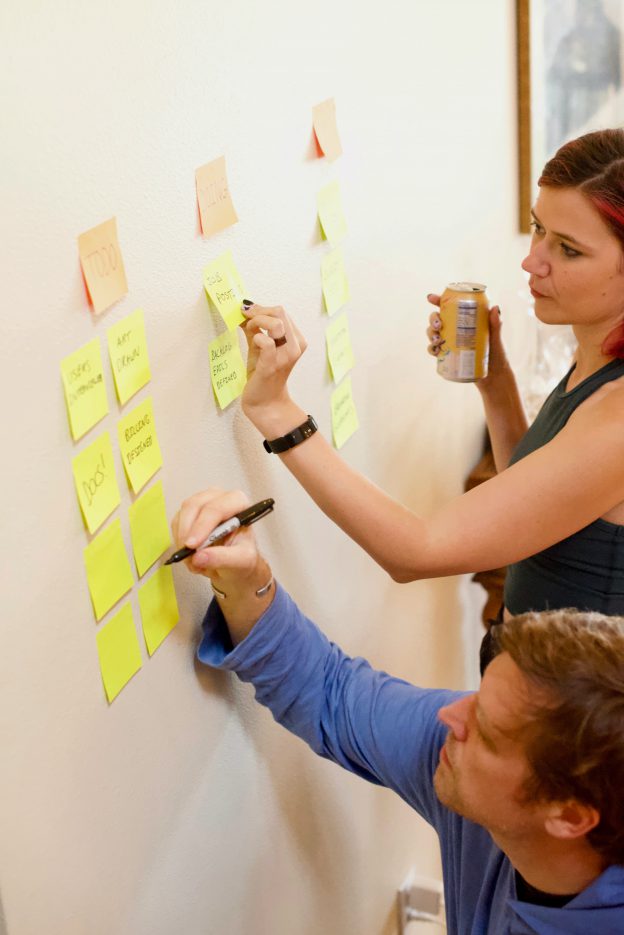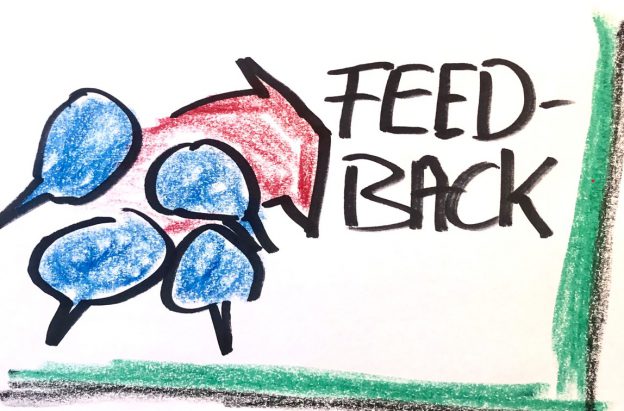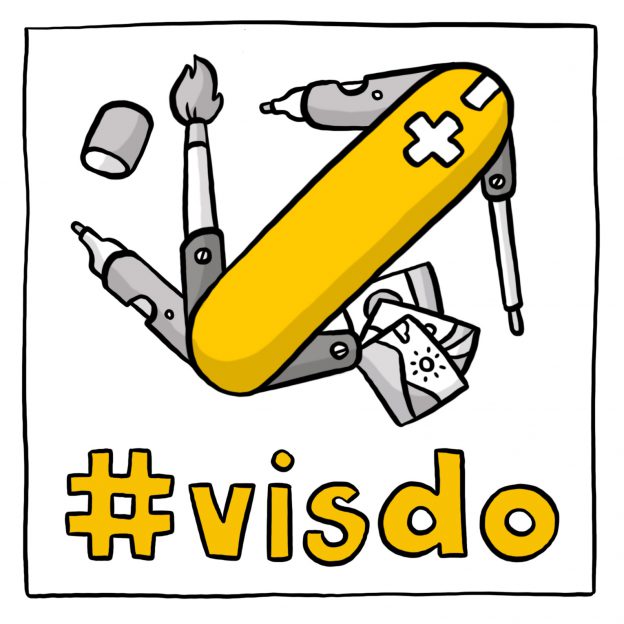
In an attempt to make the ressources of the REFAK blog accessible for an even bigger international audience, our English speaking expert Astrid Donaubauer translates blog posts which have been published in German before on the REFAK blog. As we are in constant exchange with international partners in trade union education, translating our educational ressources is a prerequisite for a fruitful exchange of ideas, experiences and practices. We continiously publish REFAK blog posts in English translation in the English section of our blog. Have a look and share REFAK blog ressources with your international partners! All articles are licenced as creative commons.
HERE you find all English language blog articles.


